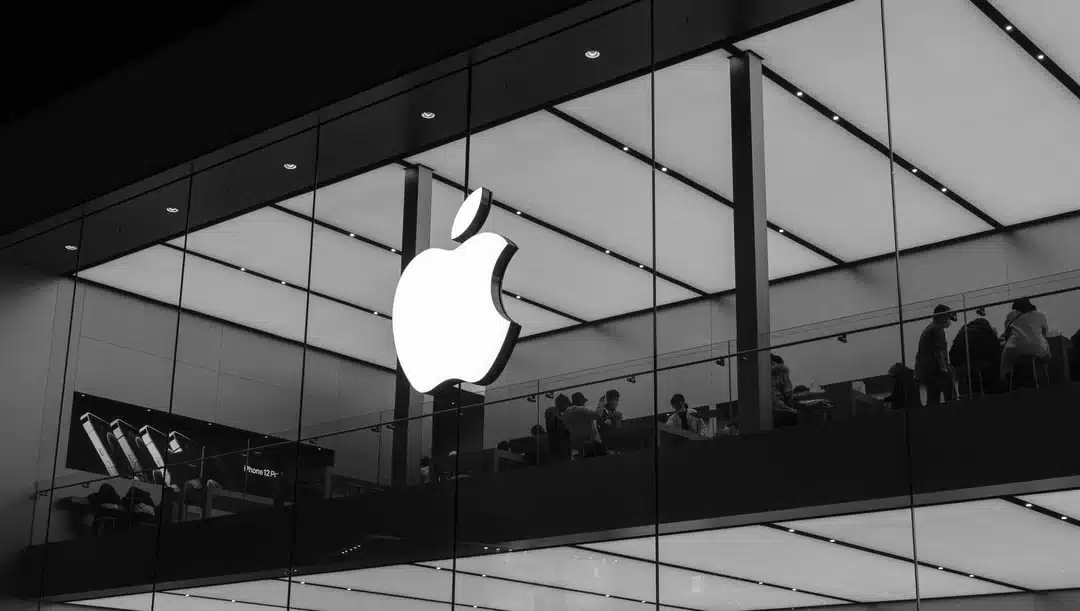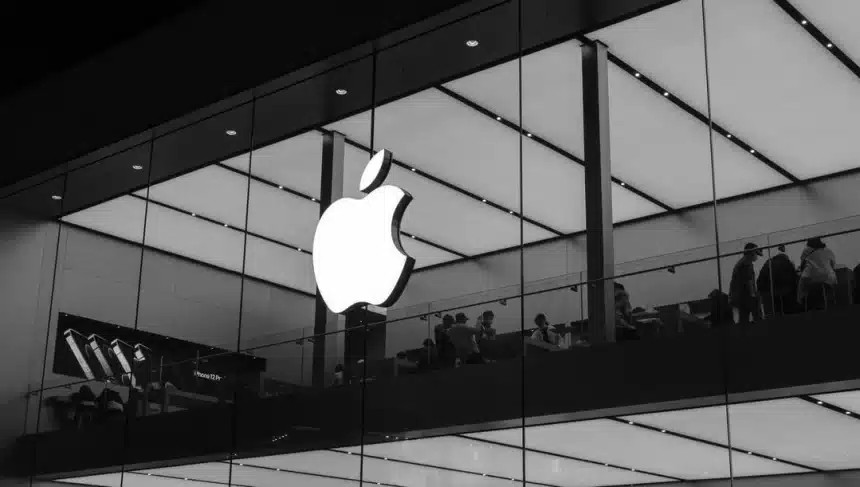The UK government is likely to withdraw its demand that Apple create an encryption backdoor for iPhones. Officials are now seeking a way to backtrack without undermining broader tech policies, according to The Financial Times.
The mandate, introduced in 2024 under the Snoopers’ Charter, allowed the UK to compel Apple to grant global data access. Apple strongly opposed this requirement. In response, it disabled Advanced Data Protection for UK users and lobbied Washington for support.

US Leaders Push Back Hard
Strong objections from US leaders, including former President Trump and Vice President JD Vance, pressured the UK to reconsider. “This is something the vice-president is very annoyed about and which needs to be resolved,” a UK tech official said.
The Home Office has not officially backed down yet. However, sources confirm the government is exploring ways to reverse its position. Analysts warn that the initial demand created diplomatic friction and risked isolating the UK from international agreements on data security.
Why the Plan Failed
The UK wanted a universal backdoor to access encrypted iPhone data for investigations. Privacy advocates argued the measure endangered global cybersecurity. US officials shared that concern, saying it would weaken digital protections everywhere.
Apple refused to compromise. By removing Advanced Data Protection for UK users, the company limited its own security features in the region. Ironically, that gave the UK less security, not more.
What Comes Next
Officials aim to resolve the dispute before Trump’s expected UK visit later this month. At the same time, another law targeting Apple and Google with new regulations and fines is set to take effect.
For now, Apple continues to defend encryption standards. The UK’s potential climbdown signals growing recognition of the risks tied to weakening digital security.












